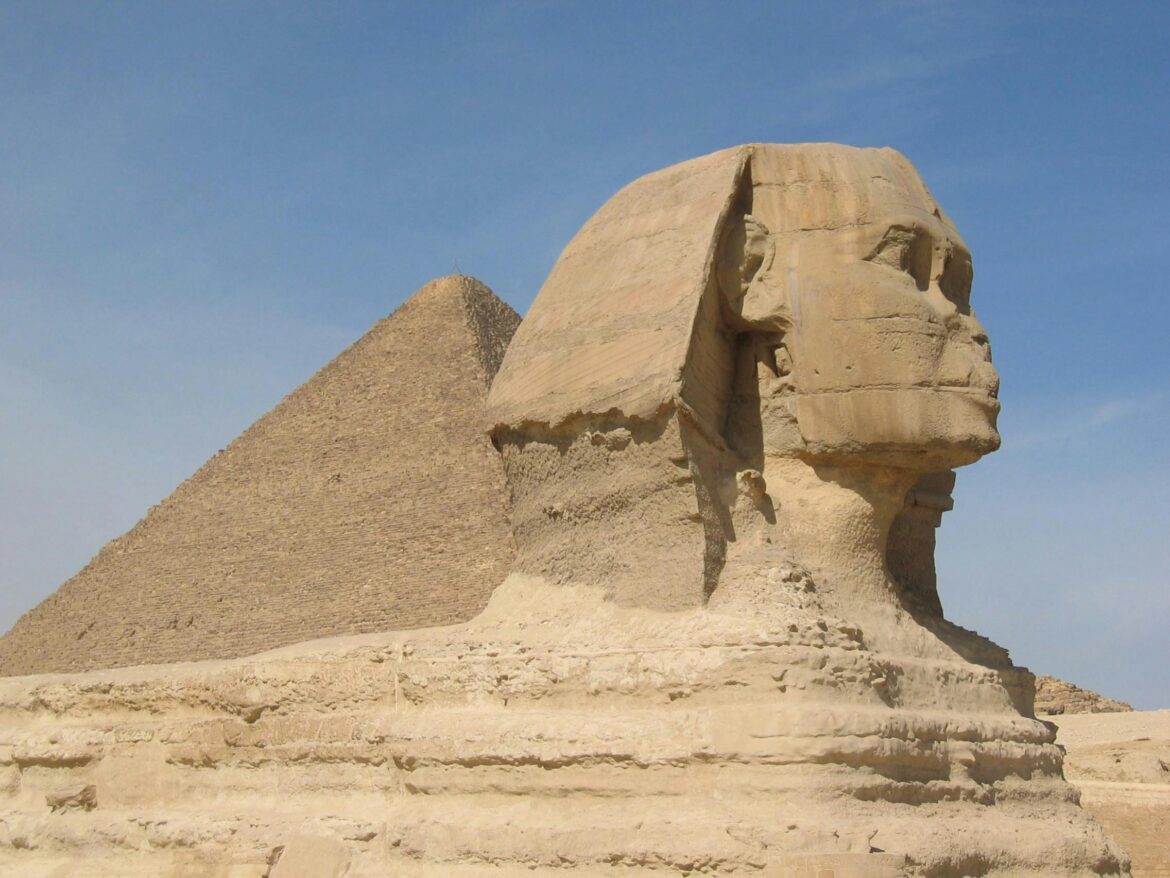Egypt is a land steeped in history, intricately woven into the fabric of Africa, a continent rich in both geological and cultural diversity. Geographically, Egypt resides in the northeastern corner of Africa, bordered by the Mediterranean Sea to the north, the Red Sea to the east, Sudan to the south, and Libya to the west. The strategic location of Egypt has made it a bridge between Africa and the Middle East, serving as a channel for trade, culture, and thought throughout antiquity and into modern times.
The Nile River, often heralded as the lifeblood of Egypt, meanders its way from the southern reaches of the continent up towards the Mediterranean Sea. This grand river, the longest in the world, nurtures the arid landscape that surrounds it, transforming the desert into a fertile corridor. The delta formed at its mouth is not only an ecological treasure but also a historical fulcrum where many pivotal events unfolded. This profound relationship between Egypt and the Nile further exemplifies the interdependence of geography and culture within this ancient society.
Egypt’s cultural landscape is as compelling as its geographical intricacies. From its ancient pyramids to the sprawling temples of Luxor and Karnak, the remnants of civilization speak volumes about the society that thrived here. Each stone, each artifact tells a story, a narrative that intertwines with the Abrahamic faiths, particularly Christianity. The significance of Egypt within a Christian framework is multifaceted, touching upon themes of exile, refuge, and divine providence.
In the dying days of Herod the Great, the Holy Family sought refuge in Egypt, fleeing the impending threat of violence. This episode of the flight into Egypt is pivotal in Christian theology, rendering the nation not merely as a geographical entity but as a sanctuary where divine protection was afforded. This historical account has imbued the land with a spiritual resonance, fostering a unique relationship between the Coptic Christian community and their homeland.
The Copts, who represent one of the oldest Christian communities in the world, manifest the continuity of faith that predates the arrival of Islam. Egypt’s cultural tapestry is enriched by Coptic traditions, which include their intricate liturgical practices, artistic expressions, and the preservation of theological texts that date back centuries. The Coptic Orthodox Church remains a vital aspect of Egypt’s religious identity and resonates deeply within the broader Christian narrative.
Moreover, the theological significance of Egypt extends beyond its historical associations. The vast desert landscapes, punctuated by oases and mountainous terrain, offer a profound metaphor for spiritual journeys. The symbolism of wandering through the wilderness, as embodied in the experiences of the Israelites and later Christian monastics, underscores themes of purification, introspection, and divine revelation. It is not merely the geography itself that captivates; it is the lessons and experiences that such environments can evoke in the hearts of believers.
Today, despite the trials and tribulations faced by modern Egypt, both politically and socially, the nation stands as a testament to resilience. The enduring legacy of its ancient civilization combined with the fervent spirit of its people suggests that there is something inherently magnificent about Egypt. To many, Egypt is not just a destination on a map; it represents a living tapestry of faith, culture, and an unyielding connection to the past.
The socio-political complexities within Egypt also warrant reflection. As the largest Arab nation in Africa, it grapples with various challenges – from economic disparities to religious tolerance. Yet, amidst these struggles, there exists an undeniable unity reflected in the shared aspirations of its diverse populace. The fervor for reform and a more equitable society resonates deeply within the Christian community, fostering dialogues that aim to bridge gaps between different religious and cultural groups.
Furthermore, the architectural marvels of Egypt, particularly the Great Sphinx and the Pyramids of Giza, compel one to ponder human ingenuity and the quest for immortality. These constructions were the fruits of fervent labor, ambition, and faith in the afterlife, and they challenge contemporary societies to seek meaning beyond fleeting existence. In a Christian context, such quests can be viewed through the lens of eternal life, where believers seek a communion with the divine that transcends earthly constructs.
Additionally, Egypt holds a pivotal place in Biblical prophecy and eschatology, enriching its religious significance for Christians today. The land appears throughout scriptures, symbolizing both oppression and freedom, judgment and salvation. This duality offers profound insights into the nature of God’s promises and the trials believers may face in their spiritual journeys. The Code of Hammurabi, the Ten Commandments, and early Christian texts all converge upon this ancient land, reinforcing its pivotal role in the spiritual history of humanity.
In conclusion, Egypt is a nexus of geographical and cultural significance that continues to capture the imagination of those both near and far. Its landscapes hold stories of divine intervention, faith, and the enduring quest for truth. The interplay of its geographical features with the narrative tapestry of Christianity invites a deep and contemplative engagement with the land. As one stands amidst the remnants of a bygone era, the echoes of divine providence and human aspiration resonate, creating a landscape that is both historical and profoundly spiritual.



